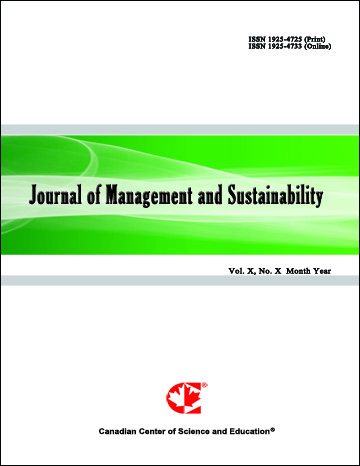Sustainable Consumption and Production in A Specialized Hospital Service
- Paolo Beneduce Padron
- Paola Zucchi
Abstract
Currently, the healthcare sector generates approximately 4.4% of global greenhouse gas emissions, with over 70% resulting from its consumption, demonstrating its relevance in addressing climate change and its leading role in mitigating environmental impacts. Hospitals have adopted sustainability initiatives to reduce their socio-environmental impacts. This study aimed to assess the consumption of key resources—namely electricity, water, natural gas, and medical gases—as well as the generation of waste in a specialized public hospital between 2012 and 2023. In addition, it examined the effects of implementing sustainability initiatives on these indicators. The findings indicated a measurable decline in consumption of water, natural gas, and medical gases, including oxygen, nitrogen, and nitrous oxide. Common and infectious waste also showed a reduction in the annual volume generated. In contrast, the study did not observe any decrease in the consumption of electricity, medicinal air, or carbon dioxide, nor the generation of chemical waste.
- Full Text:
 PDF
PDF
- DOI:10.5539/jms.v15n2p1
Journal Metrics
Google-based Impact Factor (2021): 1.54
h-index (July 2022): 37
i10-index (July 2022): 147
h5-index (2017-2021): 12
h5-median (2017-2021): 19
Index
- Academic Journals Database
- ANVUR (Italian National Agency for the Evaluation of Universities and Research Institutes)
- CAB Abstracts
- CNKI Scholar
- EconBiz
- Excellence in Research for Australia (ERA)
- GETIT@YALE (Yale University Library)
- Harvard Library
- HeinOnline
- Infotrieve
- JournalTOCs
- LOCKSS
- MIAR
- PKP Open Archives Harvester
- RePEc
- Scilit
- SHERPA/RoMEO
- Stanford Libraries
- UCR Library
Contact
- Evelyn XiaoEditorial Assistant
- jms@ccsenet.org
